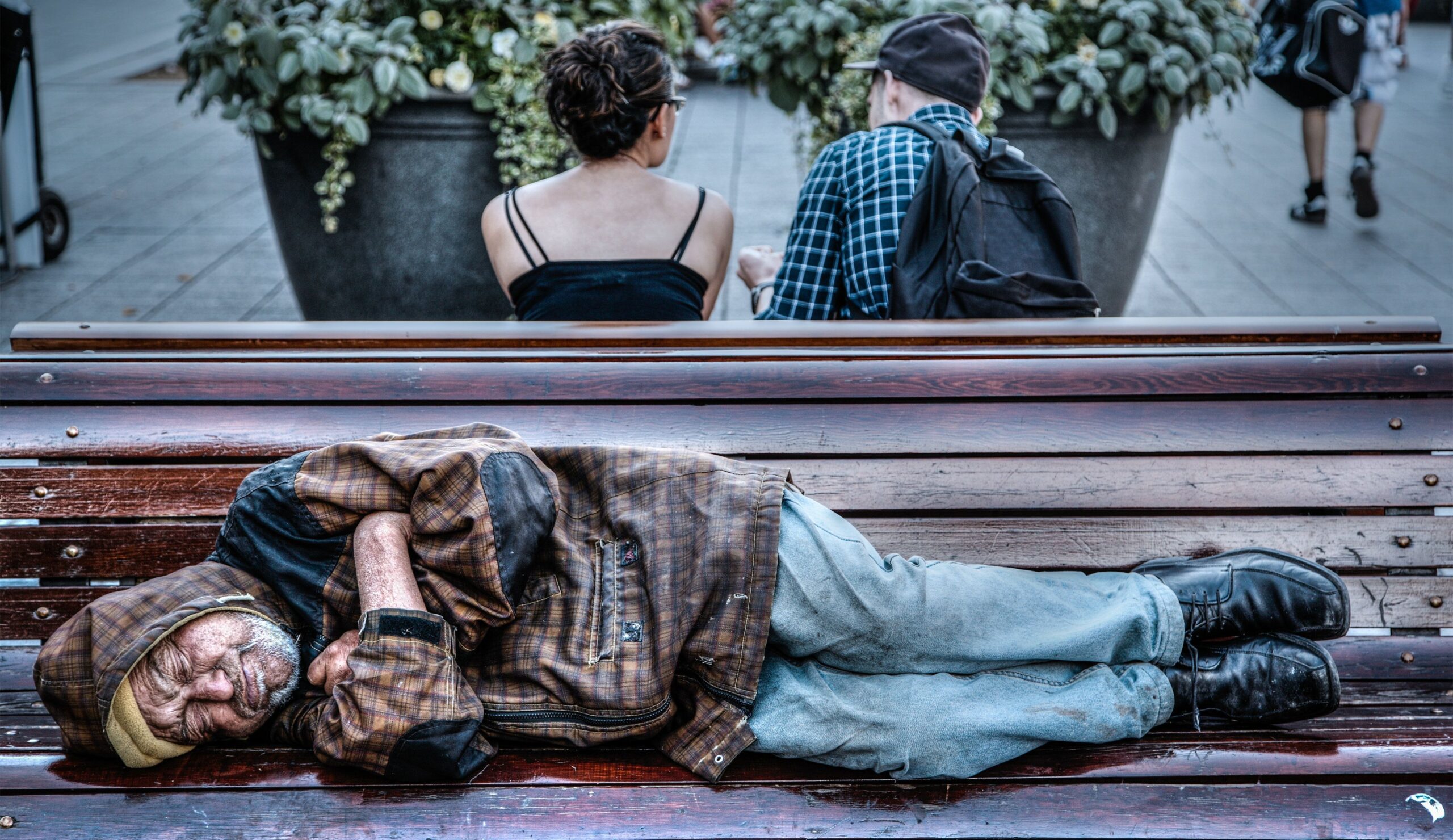The concept of transformation within the Bahá’í Faith often mirrors the metamorphosis of a caterpillar into a butterfly: a profound transformation that unfolds under the guiding principles of love, unity, and a collective will to embrace the essence of humanity. In examining the lives of individuals experiencing homelessness who have embraced Bahá’í teachings, we encounter narratives that illuminate not only the struggles faced by marginalized communities but also the triumphs that arise from spiritual awakening and dedication to service. This exploration reveals how the Bahá’í Faith serves not merely as a belief system but as a potent catalyst for restoration and rejuvenation, as well as a blueprint for communal harmony and societal advancement.
At the heart of the Bahá’í teachings lies a commitment to the intrinsic worth of every individual. This tenet resonates profoundly with those living on the fringes of society. The Bahá’í Faith emphasizes that each person, regardless of their circumstance, is a reflection of the divine. This belief advocates for dignity as an entitlement, not a privilege. The experience of homelessness, often characterized by social isolation, dehumanization, and despair, starkly contrasts with the Bahá’í understanding of the spiritual potential vested in every soul. Through this lens, transitioning from homelessness to a devoted Bahá’í becomes not merely an act of conversion but rather an awakening to a pre-existing divine identity.
A poignant illustration of this transformation can be found in the stories of individuals who have faced the vicissitudes of life with resilience and hope. These narratives often begin in the shadowy alleys of urban landscapes—places that seem devoid of opportunity and rife with adversity. Here, an astonishing phenomenon occurs; the synergy of communal support and spiritual understanding culminates in a reawakening of purpose. The Bahá’í principle of service, enshrined in the Faith, encourages adherents to uplift those around them, cultivating a culture of compassion and cooperation. This tenet is particularly impactful for those seeking solace and meaning amid their struggles, as it transforms passive despair into proactive engagement in community empowerment.
Moreover, the practice of prayer and reflection in Bahá’í communities plays a vital role in this transformative journey. Such practices foster an environment where individuals experiencing homelessness can find spiritual solace and communal belonging. Through the lens of collective worship, they discover not only the comforting presence of a supportive network but also the profound realization that their personal struggles serve as a conduit for empathy and understanding. In sharing their experiences, these individuals often become beacons of hope, illuminating paths for others who find themselves ensnared in cycles of hopelessness.
The Bahá’í commitment to education further enhances this transformative experience. For those who have become Bahá’ís, education serves as a means of empowerment. The teachings stress that knowledge is an essential precursor to spiritual and material development. Workshops and study circles organized within local Bahá’í communities provide individuals, regardless of their prior educational background, with opportunities to learn, grow, and contribute. This emphasis on collective learning fosters resilience and instills a belief in a future rich with possibilities—an antidote to the despair often associated with homelessness.
Additionally, the unique approach of the Bahá’í Faith to community building fosters a sense of ownership and agency among its members. Through the establishment of local consultative bodies, formerly homeless Bahá’ís can engage meaningfully in decisions that affect their lives and communities. This model of participatory governance not only validates their voices but also encourages a spirit of collaboration that extends beyond individual needs to encompass the welfare of the broader community. Herein lies a powerful metaphor: the transition from the solitary struggle of an individual to the enriching experience of collective upliftment.
The narrative of transformation is further accentuated by the role of storytelling within the Bahá’í community. Tales of personal enfranchisement become powerful tools of engagement, weaving a tapestry of shared human experience. Such stories remind us that behind every statistic lies a life infused with hope, struggle, and the potential for transcendence. This storytelling is vital; it serves to dismantle the stigma surrounding homelessness, reframing the dialogue around this societal challenge from one of victimhood to one of resilience and triumph.
As the world progresses further into the complexities of the 21st century, the Bahá’í vision for the world takes on increasing relevance. The global narrative is steeped in the struggles of displaced persons, economic inequities, and social fragmentation. Yet, the example of those who have emerged from the shadows of homelessness into the light of the Bahá’í teachings provides a roadmap for others. It elucidates the power of faith and community in mitigating despair and fostering transformation. Each individual’s journey becomes a testament to the resilient spirit of humanity and the possibility of positive change.
In this exploration of the intersection of homelessness and the Bahá’í Faith, we recognize that transformation is not merely an outcome to be achieved but a continuous process—an intricate dance of resilience, community, and spiritual elevation. The stories of those who have traversed this path stand as compelling evidence of the transformative power embedded within the teachings of Bahá’u’lláh. They encapsulate a profound truth: in the fabric of human experience, hope can be woven from even the most fragmented threads of despair.
